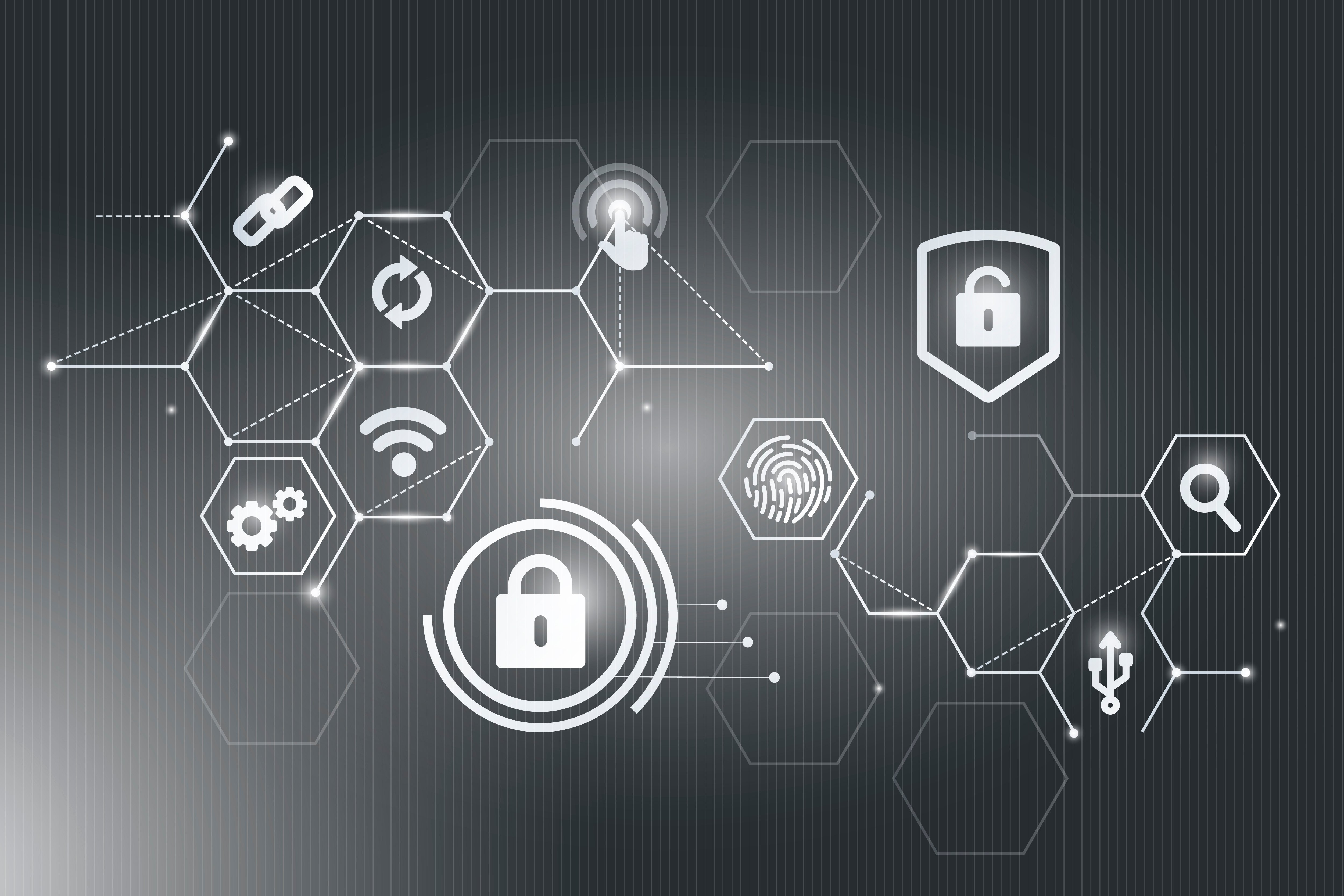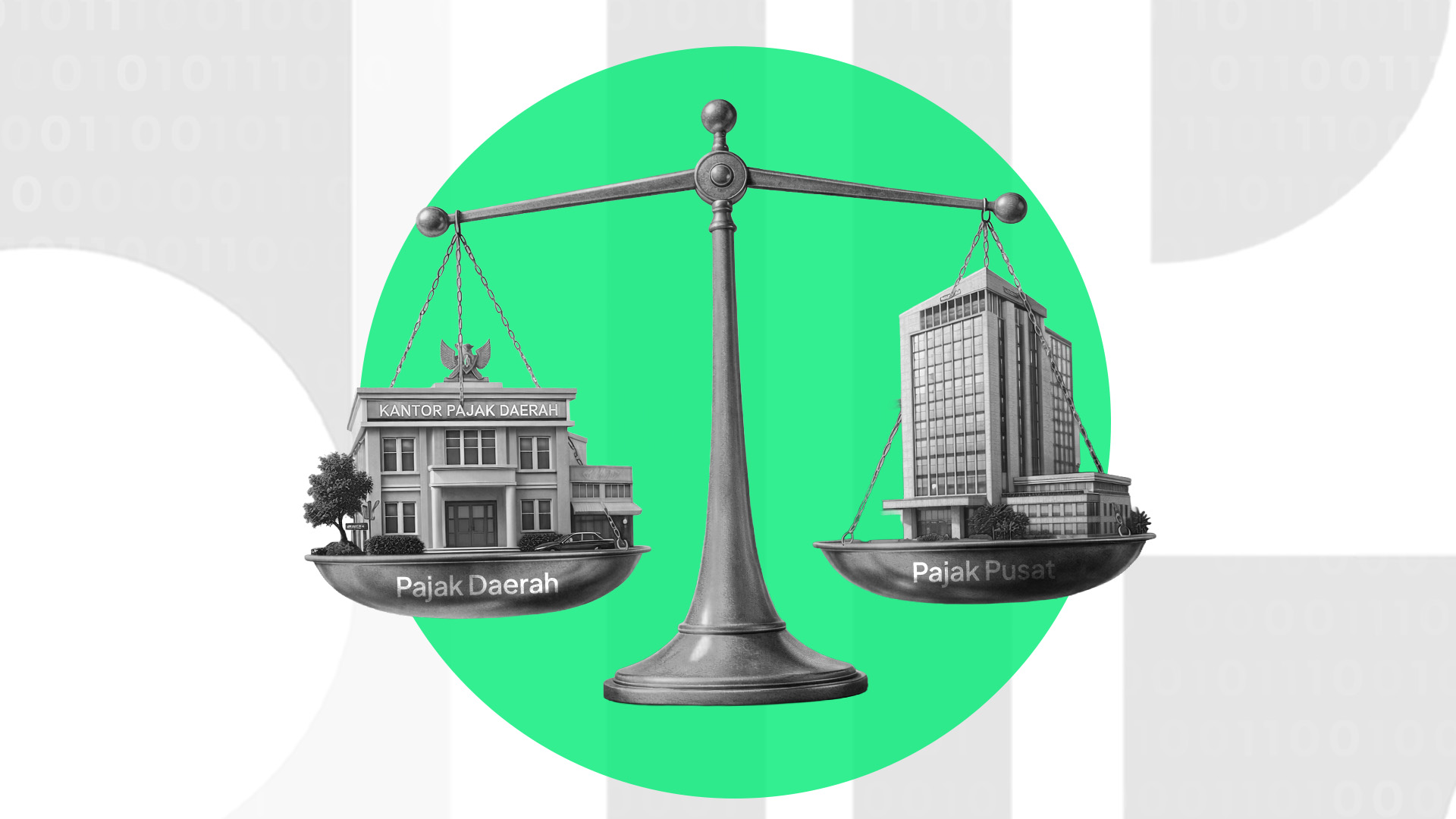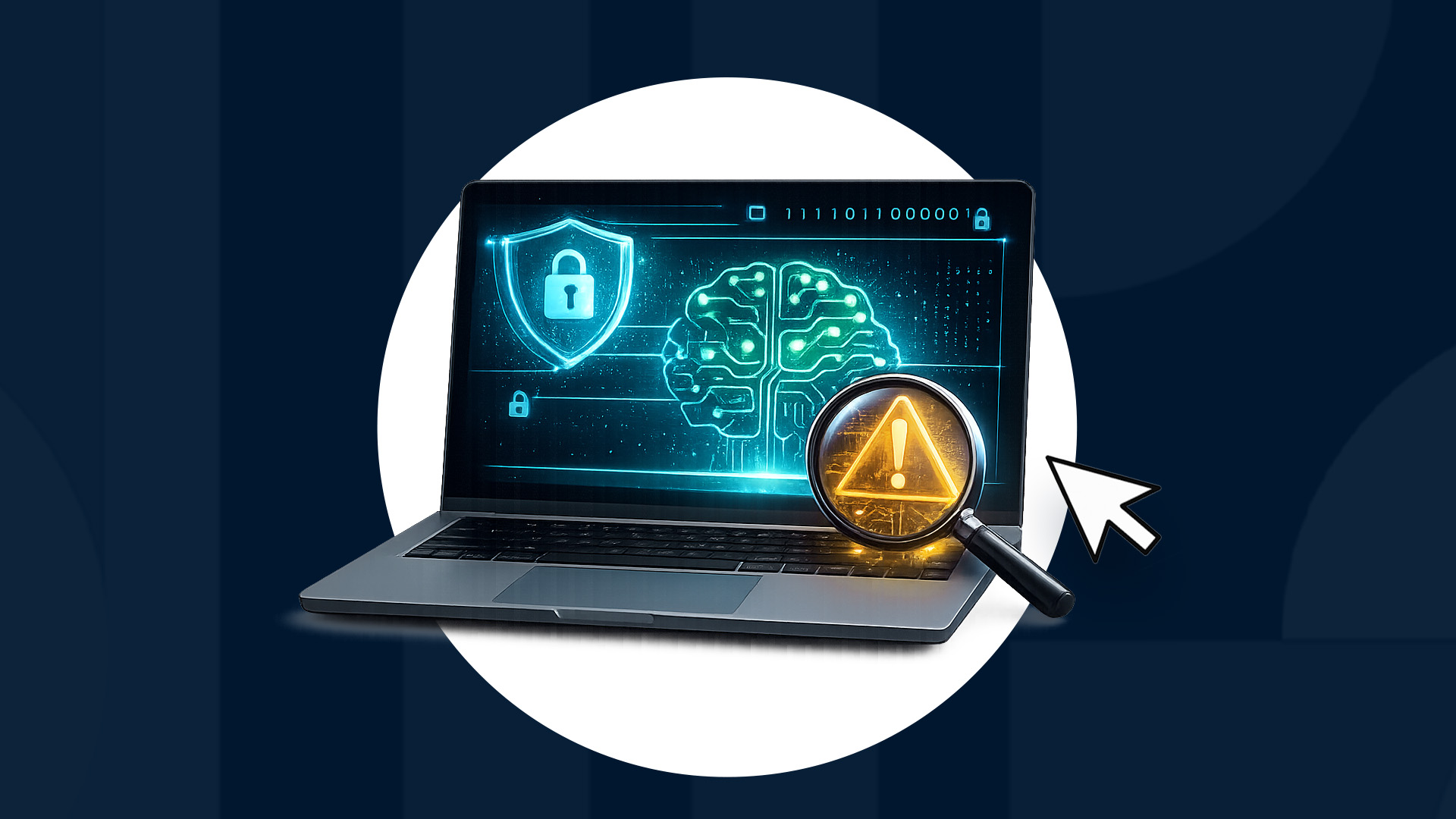In today’s digital world, protecting personal and business data has become essential as our dependence on the internet and technology grows. Cyber threats such as data breaches, identity theft, and fraud continue to rise, making digital security a crucial aspect of modern life.
This article explores the definition of digital security, best practices for protection, and why it is essential for safeguarding personal and business data.
What is Digital Security?
Digital security refers to the strategies and technologies used to protect digital assets, personal information, and online interactions from unauthorized access, theft, or damage. It involves various cybersecurity measures aimed at ensuring the confidentiality, integrity, and availability of data and digital systems.
Digital security protects against threats such as computer viruses, malware, ransomware, phishing, and Distributed Denial-of-Service (DDoS) attacks. Beyond simply securing data, digital security ensures that information is accessible to authorized users while preventing unauthorized modifications.
Related Article: Examples and Applications of Digital Technology
How to Maintain Digital Security
There are several best practices to enhance digital security and safeguard sensitive information:
1. Use Strong Passwords
A strong password should include uppercase and lowercase letters, numbers, and special characters. Additionally, it is crucial to regularly update passwords and avoid using the same password across multiple accounts.
2. Enable Two-Factor Authentication (2FA)
2FA adds an extra layer of security by requiring users to verify their identity through two separate authentication methods. This usually includes:
- A password or PIN (something the user knows).
- A one-time code sent via email, SMS, or authentication apps (something the user possesses).
3. Encrypt Your Data
Encryption converts data into an unreadable format that can only be accessed with the correct encryption key. Even if hackers gain access to encrypted data, they cannot decipher the information without the decryption key.
4. Use Firewalls and Antivirus Software
- Firewalls act as a barrier between your network and potential cyber threats, preventing unauthorized access.
- Antivirus software detects and removes malware before it can harm your devices or data.
5. Utilize Biometric Authentication
Biometric authentication (e.g., facial recognition and fingerprint scanning) is one of the most secure ways to protect accounts and sensitive data. Biometric authentication ensures that only the rightful user can access their digital identity.
6. Stay Updated on Cybersecurity Trends
Keeping up with the latest cybersecurity threats and protection strategies can help you recognize and avoid fraud, such as:
- Phishing (fraudulent emails or messages that steal personal data).
- Social engineering scams (tricking users into revealing confidential information).
- Identity theft and deepfake fraud.
Related Article: The History and Threats of Cybersecurity
Benefits of Digital Security
Investing in strong digital security measures offers multiple advantages for both individuals and businesses:
1. Protects Personal Data
Digital security safeguards sensitive personal data, such as ID numbers, financial details, and medical records, from theft or unauthorized access.
2. Ensures Safe Online Transactions
Secure online transactions are essential for banking, e-commerce, and digital payments. Digital security ensures these transactions remain fraud-free.
3. Prevents Data Loss
Data backup and encryption protect important information from being lost due to:
- Hardware failures.
- Cyberattacks.
- Accidental deletion.
4. Maintains Business Reputation
For businesses, data breaches can damage trust and result in financial losses. Strong cybersecurity measures protect company reputation and maintain customer confidence.
5. Ensures Regulatory Compliance
Many industries must comply with data protection regulations, such as:
- GDPR (Europe).
- Indonesia’s Personal Data Protection Law.
Digital security ensures compliance, avoiding legal penalties and upholding data integrity.
6. Builds Customer Trust
Consumers are more likely to engage with businesses that prioritize digital security. Secure systems encourage repeat transactions and customer loyalty.
7. Prevents Cyber Threats
Security measures help prevent malware and ransomware, phishing attacks, and data breaches.
8. Improves Operational Efficiency
Implementing strong cybersecurity reduces downtime caused by cyberattacks and ensures business continuity.
Digital Security for Personal Data
One of the primary goals of digital security is to safeguard personal data from cyber threats.
Why is Data Protection Important?
According to a 2021 survey by Kominfo (Indonesian Ministry of Communications and Informatics), 28.7% of respondents reported experiencing personal data misuse. Additionally:
- 44.1% lost funds from their bank accounts.
- 32.2% suffered e-wallet balance losses due to data leaks.
Respondents identified bank accounts and e-wallets as the most vulnerable to data breaches.
Key Cybersecurity Threats to Personal Data
1. Presentation and Injection Attacks
- Injection attacks exploit vulnerabilities in software to inject harmful code or deepfake images.
- Fraudsters use deepfake technology to bypass biometric verification during onboarding.
How to Prevent It:
- VIDA Deepfake Shield detects and prevents deepfake presentation and injection attacks during identity verification processes.
2. Phishing Scams
Phishing tricks victims into voluntarily providing sensitive information via fraudulent messages or emails.
Common phishing methods:
- Fake SMS and WhatsApp messages leading to phishing websites.
- Deceptive emails disguised as financial institutions or government agencies.
How to Prevent It:
- Avoid clicking unknown links.
- Use biometric authentication instead of SMS OTP for added security.
3. Ransomware Attacks
Ransomware locks a victim’s data and demands a ransom for its release. Attackers often demand large payments in cryptocurrency.
4. Man-in-the-Middle (MitM) Attacks
This attack intercepts communication between two parties to steal or modify transmitted information. It commonly occurs in public WiFi networks.
How VIDA Enhances Digital Security
As cyber threats evolve, companies must adopt end-to-end digital security solutions to protect user data and prevent fraud.
VIDA offers:
- Identity Proofing – Verifies user identity during registration.
- User Authentication – Uses biometric authentication to prevent fraud.
- Fraud Detection – Identifies suspicious activities in real-time.
- Deepfake Shield – Detects and blocks deepfake identity fraud.
- Digital Signatures – Ensures secure and legally binding transactions.
The Role of Businesses, Platforms, and Users in Digital Security
Digital security is a shared responsibility among:
- Users (practicing safe online habits).
- Platform providers (offering robust security measures).
- Businesses (complying with data protection laws).
- Governments (enforcing cybersecurity regulations).
With digital security threats becoming more sophisticated, it is crucial to implement strong protection measures. Whether individuals, businesses, or government entities, everyone must prioritize digital security to safeguard personal information, prevent fraud, and maintain trust in digital transactions.
VIDA provides secure verification, authentication, and digital signatures to enhance cybersecurity and prevent fraud in the digital era.

.png)

.jpeg)
